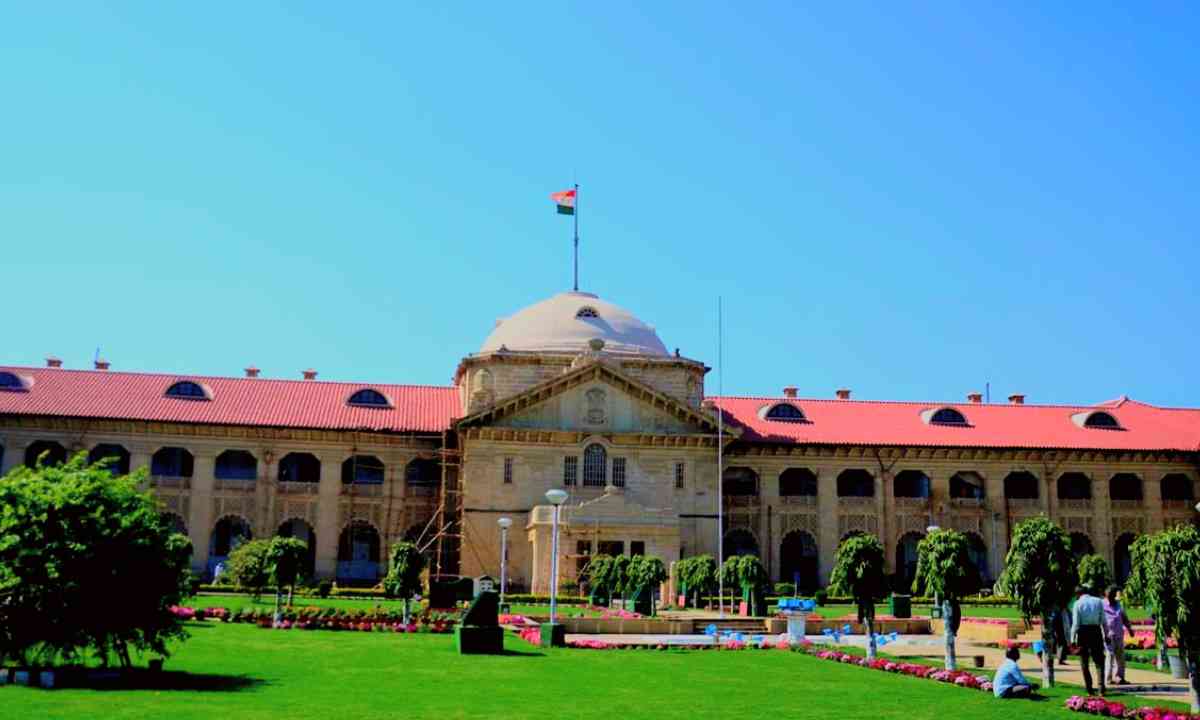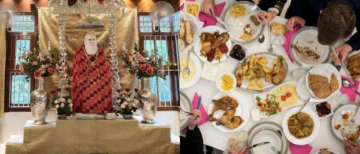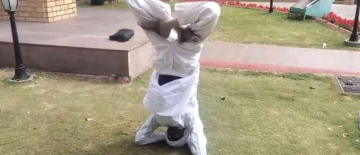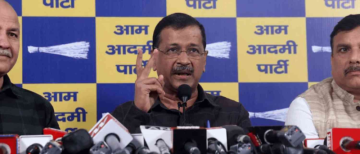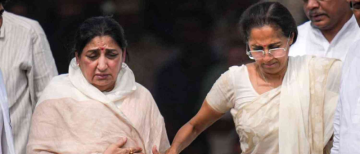A divorced Muslim woman is entitled to maintenance payments from her ex-husband, for the rest of her life unless she marries again, according to the Allahabad High Court. A lower court order that had previously established a specific payment deadline for alimony was overturned by the High Court.
A Muslim woman, Zahida Khatoon, was the subject of a case before the bench of Justices Surya Prakash Kesarwani and Mohd Azhar Husain Idrisi. Her husband, Narul Haque, divorced her in 2000 after an 11-year marriage.
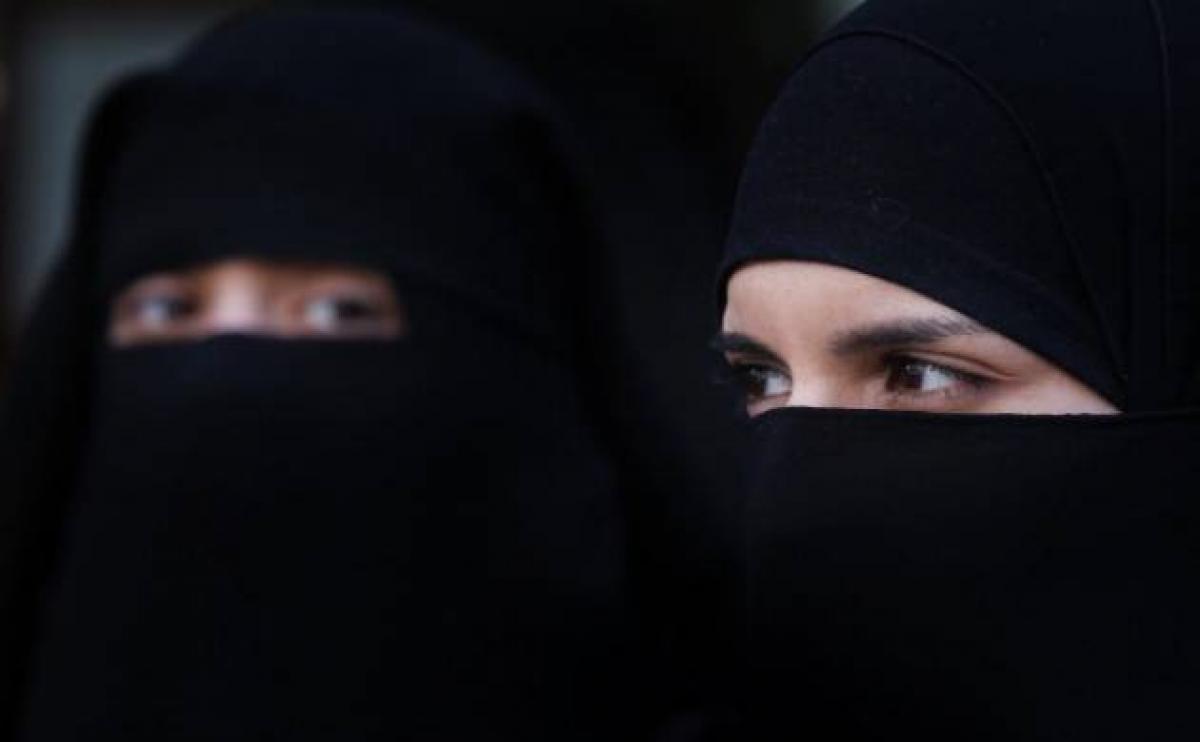
The top court struck a balance between the Muslim Women (Protection of Rights on Divorce) Act and Section 125 of Criminal Procedure Code in matters of alimony.
The Muslim Women (Protection of Rights on Divorce) Act is a law in India that was enacted in 1986 to provide protection to Muslim women in the country in the event of divorce. The act applies to all Muslims who are citizens of India, regardless of their sect or ethnicity.
Under the act, a Muslim woman is entitled to receive a "mehr," or financial maintenance, from her husband at the time of divorce. The amount of mehr is determined by the husband and the wife, and must be specified in the divorce agreement. If the husband fails to pay the mehr, the woman can file a civil suit to recover the money.
The act also provides for the appointment of a guardian to represent the interests of minor children in cases of divorce. The guardian is responsible for ensuring that the children's rights and welfare are protected.
The act has been controversial and has faced criticism from some quarters, who argue that it does not provide sufficient protection for the rights of Muslim women.
Section 125 of the Criminal Procedure Code (CrPC) is a provision in Indian law that allows a person to seek maintenance from their spouse or other family members if they are unable to support themselves. This provision applies to all citizens of India, regardless of their religion or caste.
Under Section 125, a person can apply to the court for maintenance if they are unable to maintain themselves and their children due to a lack of sufficient income or property. The court may order the person's spouse, parents, or other family members to pay maintenance if they are financially able to do so.
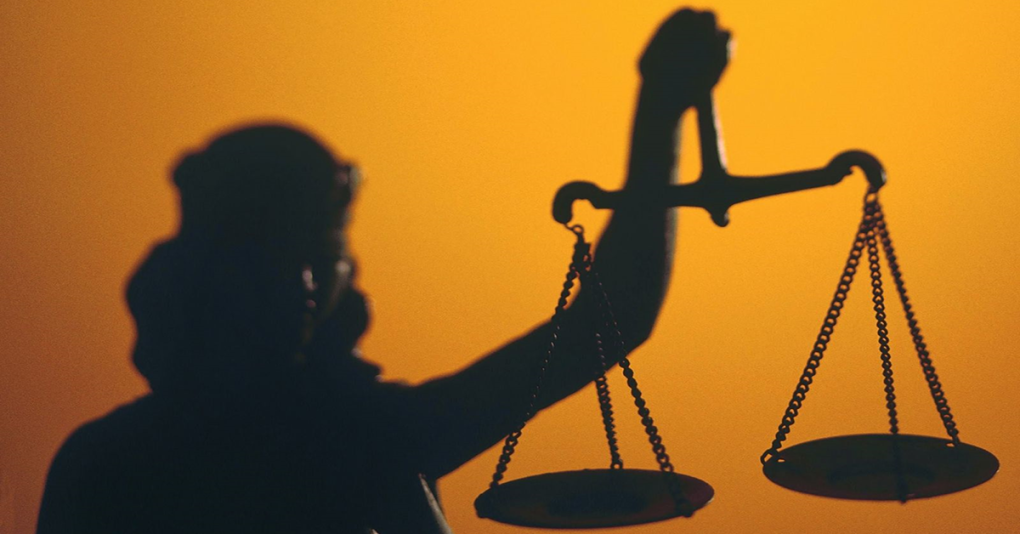
The amount of maintenance awarded by the court is based on the applicant's needs and the respondent's ability to pay. The court may also consider other factors, such as the length of the marriage, the respondent's income and property, and the applicant's financial resources.
Section 125 of the CrPC has been widely used in India to provide financial support to disadvantaged individuals, particularly women and children. It has been praised for its role in protecting the rights of vulnerable individuals and promoting gender justice.
© Vygr Media Private Limited 2022. All Rights Reserved.

